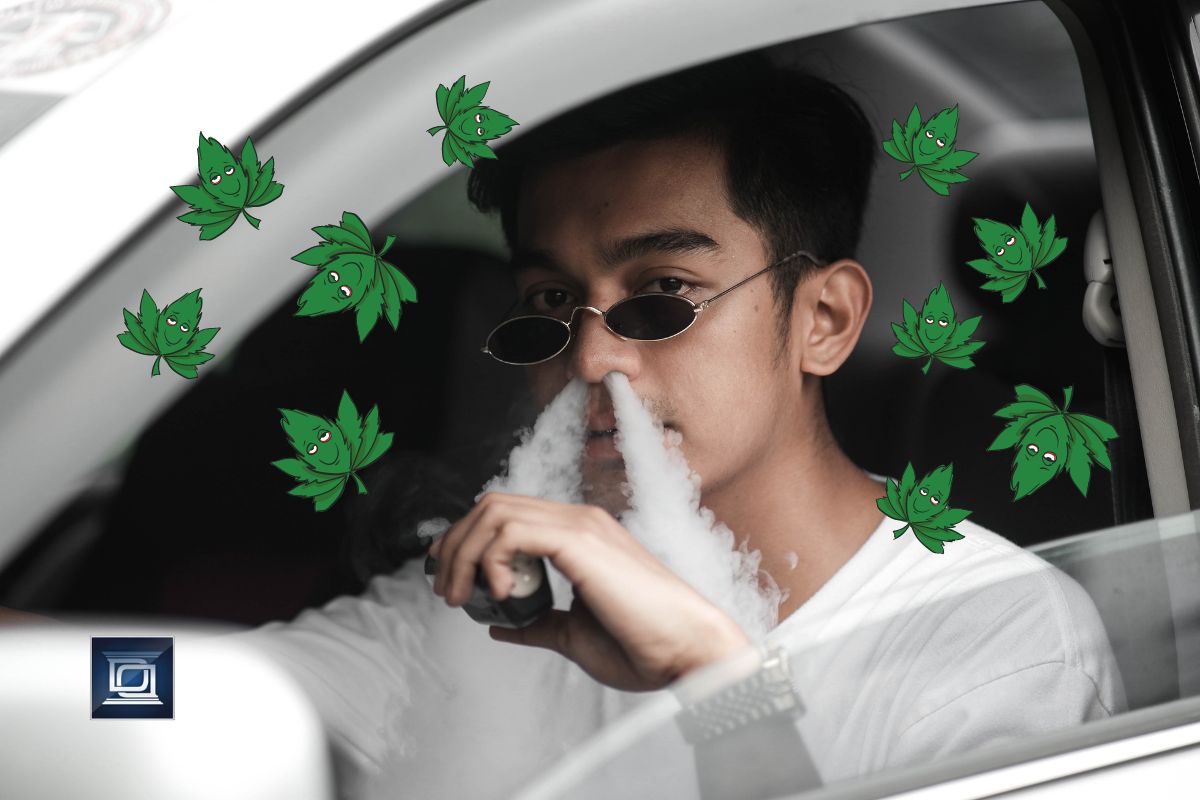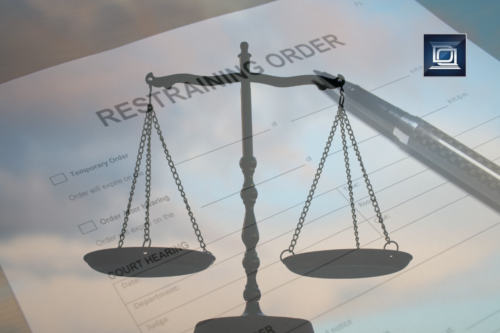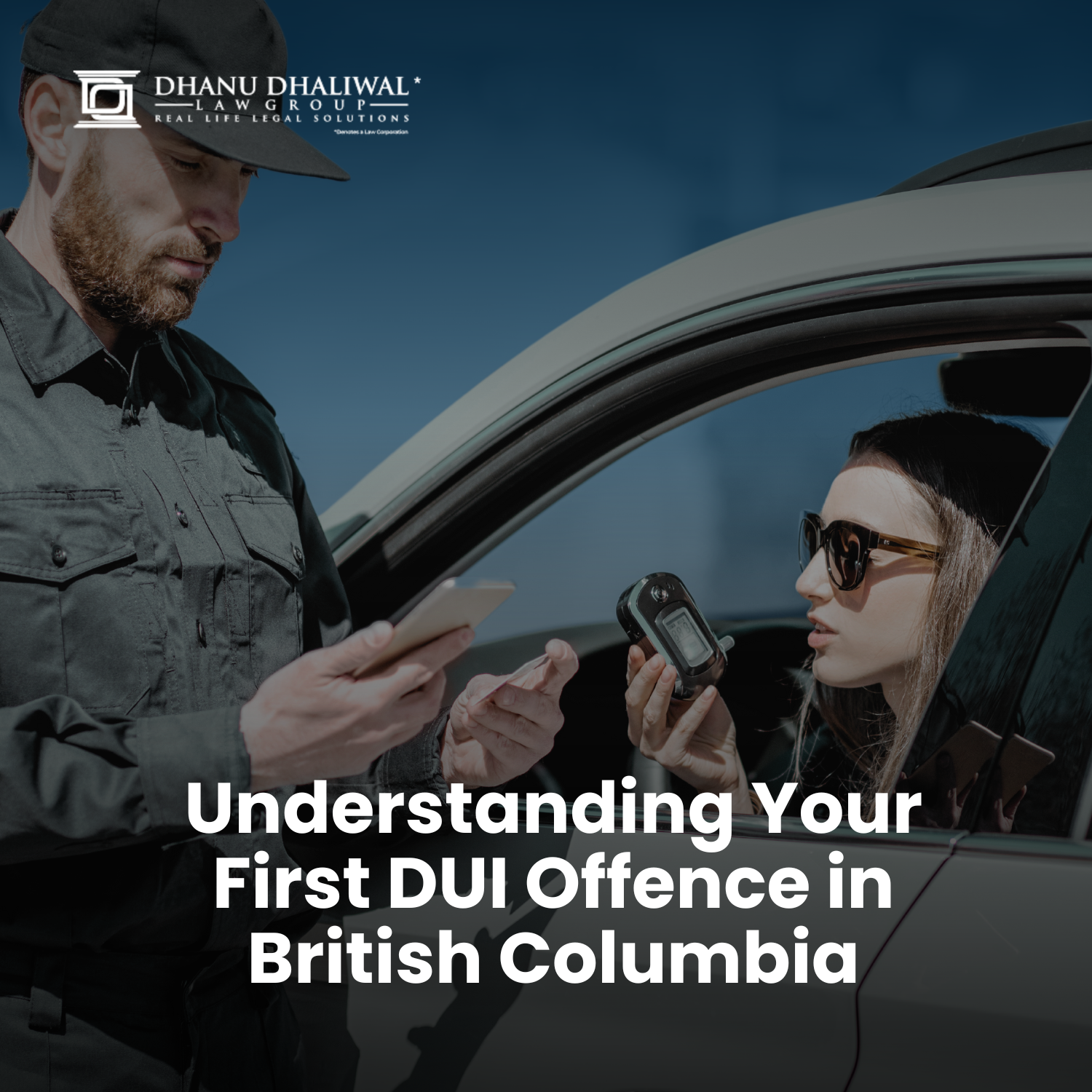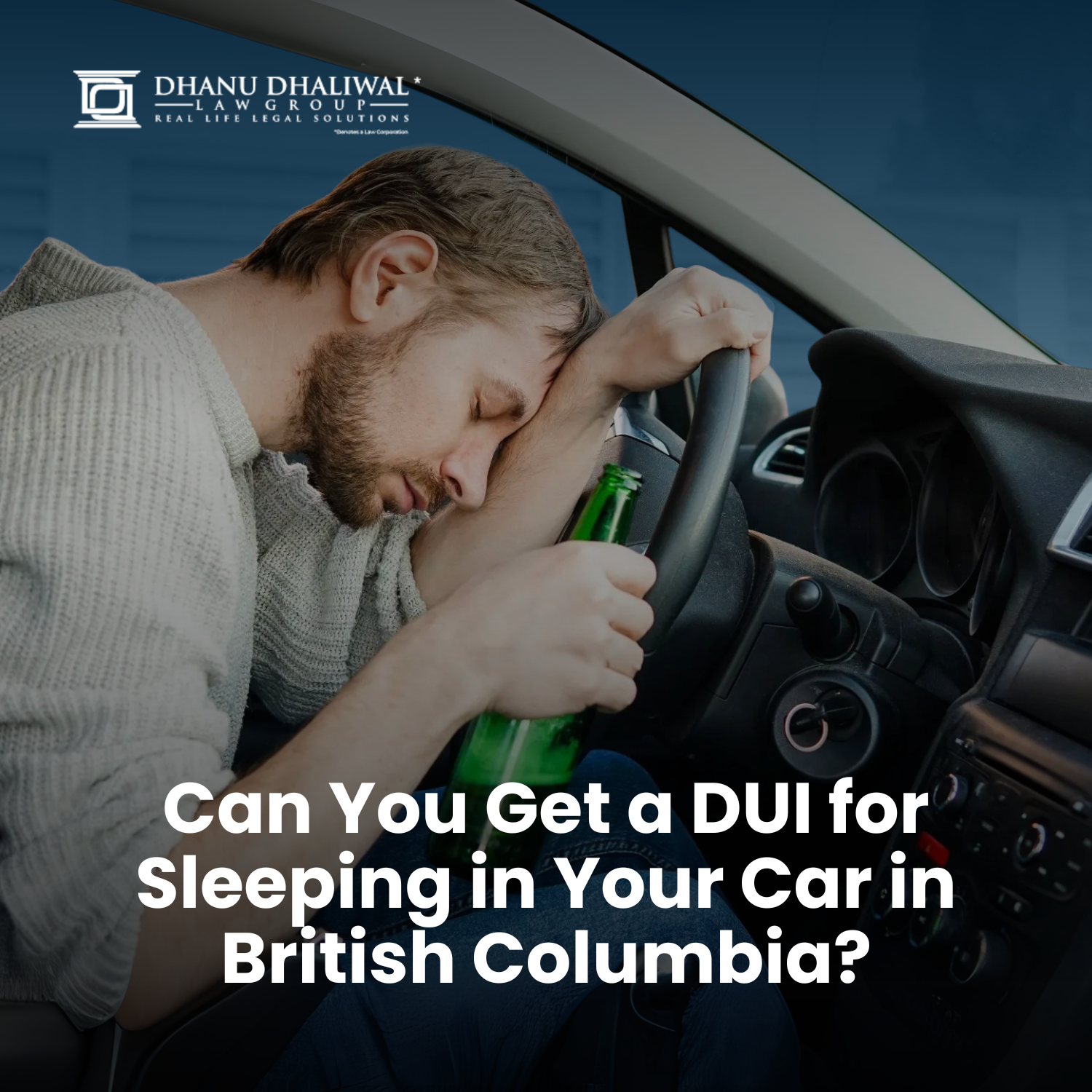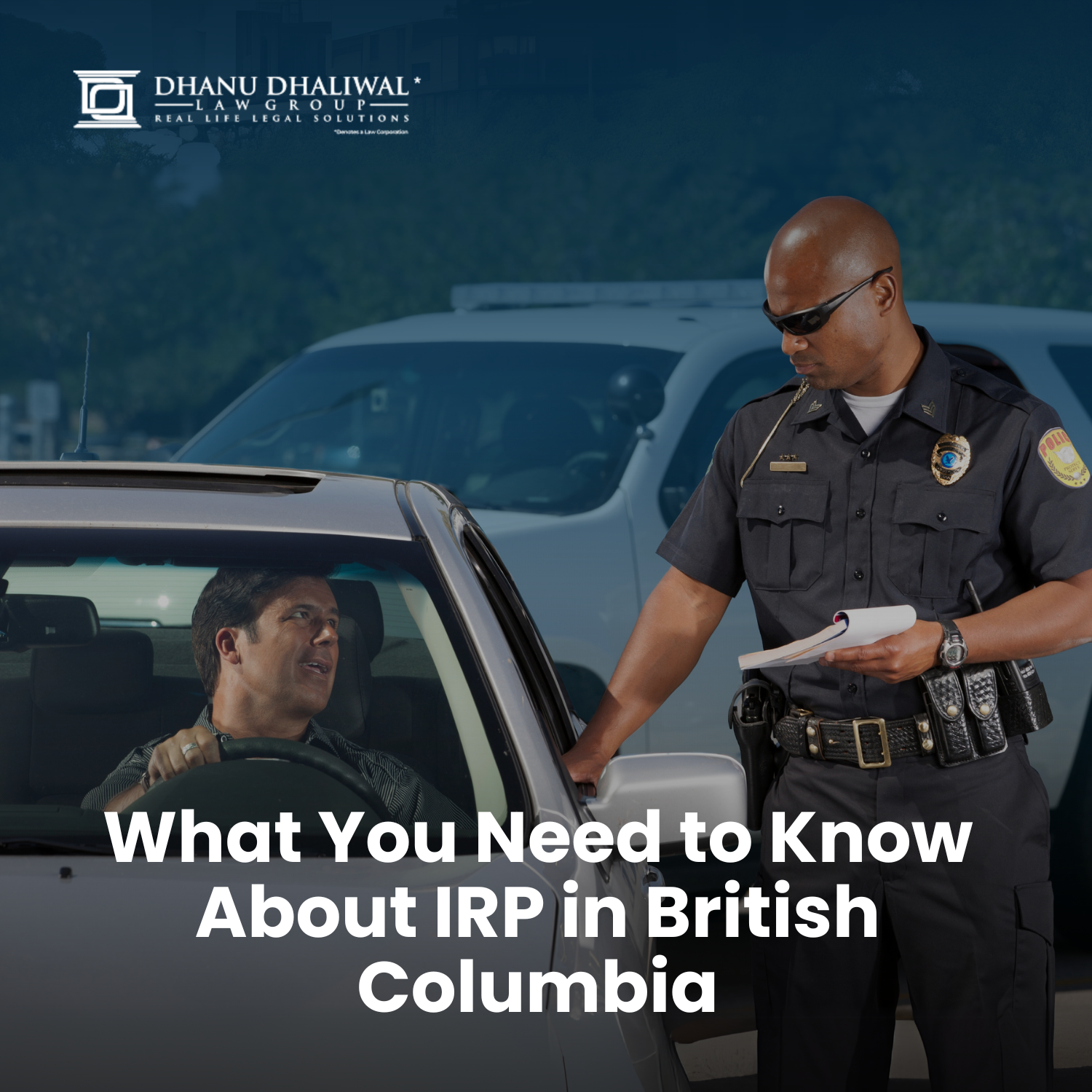While it has been legal to smoke cannabis in Canada for some time now, there are some exceptions to this rule. Like alcohol, there are many situations where it’s not just inappropriate, but illegal, to consume it. One of these, and hopefully the most obvious, is when driving. In this article, we’ll answer the question, can you drive high in BC?
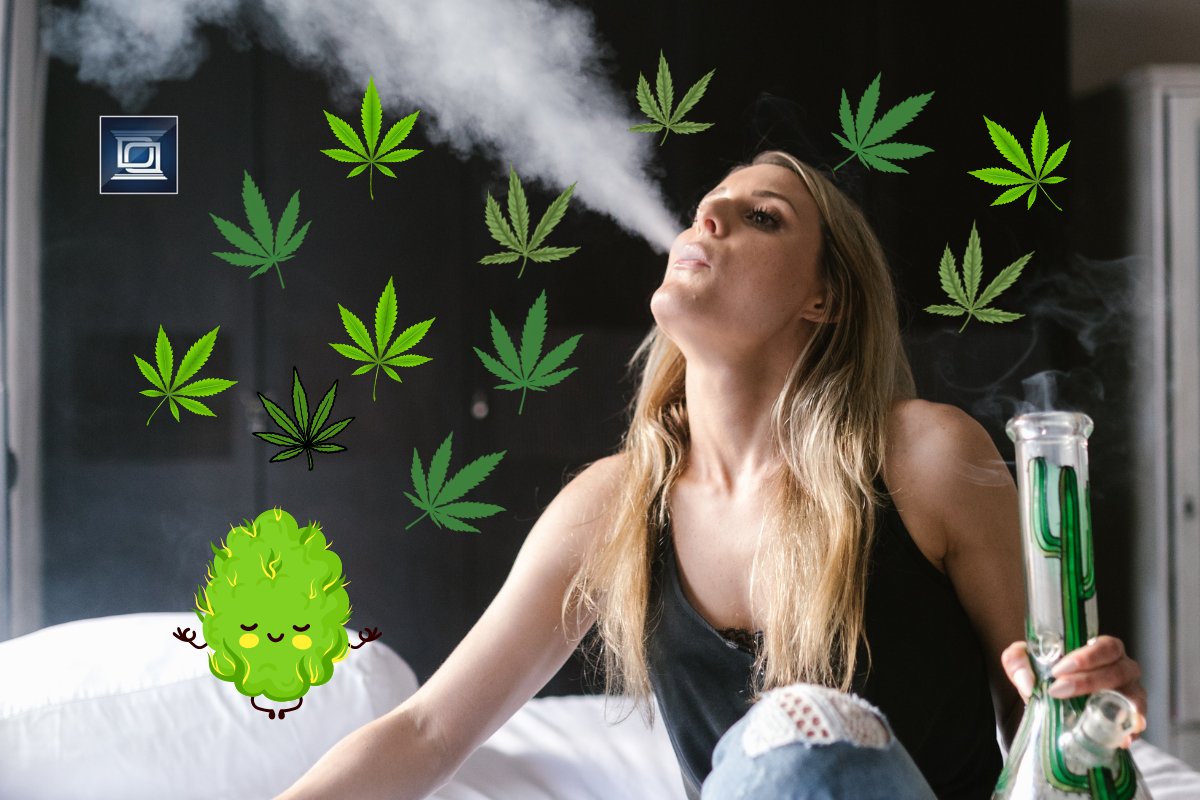
Is is illegal to drive high in Canada?
It is certainly illegal to drive high – and Canadian police take this offence as seriously as a DUI for alcohol.
But the issue with cannabis and driving is very nuanced.
When it comes to driving under the influence of alcohol, things are pretty simple. Alcohol, firstly, impairs motor function (your ability to move, not your car’s) and decreases response times behind the wheel. This is well established in scientific literature.
With cannabis however, it is not as well established how it affects driving. Certainly, driving exceptionally high is dangerous. Studies have shown this, and it has been estimated that the legalization of cannabis in Canada could amount to a 16% increase in driving fatalities.
However, it is important to understand that people may have vastly varied reactions to cannabis use, just like there are levels of alcohol intoxication, and it is difficult to tell how much marijuana is too much. This differs from person to person, from strain to strain, and from day to day even.
Secondly, and more importantly for the law, it is easy for police to tell whether you are drunk at the wheel or not.
Roadside tests are generally given to determine your level of impairment, then a breathalyzer can be used to discover how much alcohol is currently in your bloodstream, this is your blood alcohol concentration (BAC) level.
This is a good indicator of intoxication because alcohol is processed by the body relatively quickly – if you drank on Saturday night, you won’t still have a BAC level on Monday morning, for example. Because of this, BAC is generally a good indicator of intoxication. If there’s excessive alcohol in your bloodstream, you’re drunk.
But the same cannot be said for cannabis. In fact, the psychoactive chemical in marijuana, THC, stays in the body for quite a long time.
“Typically, THC is detectable for up to 90 days in hair, anywhere between 3 days to a month or longer in urine (depending on how often the person uses), up to 48 hours in saliva, and up to 36 hours in blood.”
Quote courtesy of American Addiction Centers
Given this information, we know that THC is detectable in the breath and bloodstream for a much longer time than alcohol. However, this length of time is much longer than the high you get from smoking or even eating edibles (which last much longer than inhaled cannabis).
Although THC is detectable in the body for a long time, the levels of THC in the body are much higher when you are currently intoxicated.
“A Johns Hopkins University study from 1995 found that four puffs of smokable marijuana with 1.75 percent THC content translates to 57 nanograms per milliliter, and 10 puffs as much as 99 ng/mL. The National Highway Traffic Safety Administration says levels of 100-200 ng/mL are “routinely encountered” after smoking but quickly dissipate.”

What happens if you drive high and get caught?
The charges for driving high in Canada can be very serious – including jail time if you are a repeat offender.
Charges for driving while high are broken into three categories:
Driving with 2 ng/ml but less than 5 ng/ml can result in a fine of up to $1000.
This is the least serious offence.
Driving with more than 5 ng/ml results in a more serious penalty.
For a first offence, you face a mandatory minimum fine of $1000.
For a second offence, you face a mandatory minimum of 30 days in jail.
Third and all subsequent offences result in a mandatory minimum of 120 days in jail.
Hybrid Offences
Hybrid offences are offences that can be prosecuted either by indictment, in more serious cases, or by summary conviction, in less serious cases.
Driving with more than 5ng/ml constitutes a hybrid offence.
In addition to this, having a blood alcohol concentration (BAC) of 50 mg of alcohol per 100 ml of blood, combined with a THC level greater than 2.5 ng/ml within two hours of driving would also be a hybrid offence.
Driving while under the influence of any illegal drug in addition to any amount of THC in your blood will also result in a hybrid offence.
The penalties for a hybrid offence vary significantly, from minimum fines of $1000 for a first offence (only having more than 5ng/ml THC) to several years of imprisonment for more serious crimes.
If you were charged with a hybrid offence, it is crucially important that you contact an experienced criminal defence lawyer. A criminal defence lawyer that specializes in drug charges and DUIs can help you avoid severe penalties and a criminal record – which are almost guaranteed if you face your charges alone.
Having worked with lawyers over the years, I am grateful to have found a real professional in tough situations who demonstrates intelligence, is sharp and really cares for his clients.
I met Rob when a family member required legal help. I have found Rob to be an excellent lawyer over the years and have referred other clients to him. It is difficult when someone is charged with a crime or having legal difficulties and Rob’s professional, calm and clear approach is very much appreciated. Rob maintains kindness and compassion for others while still being an exceptional lawyer in the law. He really fights for his client’s rights. I recommend him without hesitation.
Rob did an awesome job in and outside of the court room, he had my back the whole way through court proceedings. Thanks Rob, appreciate everything you did for me brother!
Rob is a very well spoken articulate gentleman until he steps foot in the courtroom and you almost feel sorry for his opponent almost.i can not say enough good things about Rob and his team.
This lawyer has been amazing in keeping families together and putting them back together and fighting for his clients best interest! Def recommend him as a lawyer!!!
Very professional and helpful, he’s always available to answer all questions.
Rob Dhanu and his team of legal professionals are kind, compassionate and committed to helping their clients so they can have a brighter future. Honestly, if you made a mistake and you’ve been criminally charged, I highly recommend hiring Rob Dhanu as your lawyer, he thoroughly examines your case and if your making positive changes in your life and didn’t mean to be criminally charged he will find the best resolution for your legal issues!
I would highly recommend Rob Dhanu! He made a crazy stressful time as easy and pain free as possible.
I would highly recommend Rob Dhanu! He made a crazy stressful time as easy and pain free as possible. I experienced excellent communication, hard work, and integrity from The Dhanu Dhaliwal Law Group and I definitely would not hesitate to use him again in the future!
Rob made me a priority over his own personal life and would always make himself available when I most needed him…
DD Law Group not only gave me their 100% during my case, but they even provided guidance and support to me after my case was over. I have had Rob Dhanu as my lawyer for many years now and I would not have it any other way. I am now free from years of court battles and have a great career and 4 children who won’t be worried about me leaving again. It is so nice to have someone who really cares about my life and my family. Thank-you for being there every single time.
At Dhanu Dhaliwal Law Group I was represented in a way that exceeded all of my expectations. My opinions were always valued and I didn’t have any feeling of doubt…
…as Rob Dhanu always properly evaluated and assessed my situation accordingly. He explained each step throughout the process and completely went above and beyond for me. He fought hard and the experience and outcome are more then I could have hoped for! I am appreciative and grateful for the team at Dhanu Dhaliwal Law Group!
It is very hard for my father to compliment anyone on his work especially an attorney, but when all was settled he did just that. Rob Dhanu defended my father on weapons charges.
He was very sympathetic and empathetic with regards to our case. He made what could have been a very stressful situation, stress free. That was very important to our entire family. Rob took the time to keep us informed, and did his best to expedite the case. Although sometimes I do believe that is out of his hands. Our case was somewhat simple however In the end we were extremely pleased and would highly recommend his services for any type of defence be it simple or much more complex.
Rob and his team did and absolutely amazing job representing me. For three years we were in and out of court dates and trials.
The whole time rob made sure we stayed in contact and i was given reminders of court dates and hearings. And when my trial day came i couldnt believe the amount of work they did on my case. Honestly watching rob during trial is an impressive sight, its easy to see why this legal team has the reputation they do. I would recommend using dhanu dhaliwal law, I know i will be using his services again if needed
Rod Dhanu is one incredible lawyer. He will fight like no one else. I didn’t have much knowledge how thing’s worked. With the court system . The stress was crazy Mr Dhanu was great at explain and knocking the stress levels down…
Rob has great court presence and was able to express what I was thinking and feeling which made me feel like my voice was truly heard.
Rob is a great lawyer who took the time to truly get to know me. He is easy going, easy to talk to and has a natural ability to relate to people and get things done. Speaking to Rob has always been more like speaking to a friend than a lawyer. I always refer Rob to anyone who needs a lawyer.
I have had Rob Dhanu as my lawyer for many years now I wouldn’t change a representative for my personal being for the world…
He has put me first in every case over his own personal life, he would always answer his phone…unlike other lawyers from what other people and friends experienced answering the phone for a client is so important especially if your incarcerated number 1 stress while incarcerated is lawyers not answering a call number 2 is girlfriend or wife not answering a call many clients will understand and be able to relate to this. To sum it all up Dhanu Dhaliwal law corporation has always put 100 percent plus some well representing me and always helped me after they represented me with direction and guidance life after I was released from jail I now haven’t been on probation in over a year for the first time in 20 year I’m on the straight and arrow I have a career and 4 children that don’t have to worry about me leaving again and thanks Rob Dhanu for always making sure I’m ok and doing well in life it’s nice to have someone that really cares about my life and family it’s a special feeling to be able to trust and I trust Dhanu Dhaliwal law corporation thank you for being there every single time so happy I am now in life.
I can honestly say that Rob changed the course of my life. Not only did he get me bail when I thought it was impossible…
…he exposed me to programs that put me on a totally different path than I was before. It was not just Rob but also the other lawyers and staff at DD Law Group who were always professional and prompt in returning my calls. Rob always gave me straight talk, good advice and the direction I needed in my life. I am eternally grateful and would recommend Rob and DD Law Group to anyone for criminal or family law.
I just had him win my trial with a dismissal and he makes it look easy, always comes correct and ready for war.
I’ve had Rob Dhanu as my lawyer for many years now with no complaints. He has always been str8 up never beats around the bush and tells you how it is with no sugar coating. Not only is he a stand up guy hands down but he knows his law. I have had Rob on my side now for almost 10 years and will always be using him for any trouble with my family or myself for years to come. Thanks again Rob for all your hard work and dedication to your client and always getting the best possible outcome.
After a 2.5 year battle with the court system Rob Dhanu was able to get me the best possible outcome. I have had nothing but great experiences…
…with Rob and the staff at Dhanu Dhaliwal Law Group and would recommend them to everyone. I highly recommend Dhanu Dhaliwal Law Group. Rob Dhanu has been my lawyer for many years and I have always been treated with respect. I never got the feeling like I was being mislead in anyway. I was always given great advice and I always felt as if Rob Dhanu was going above and beyond to fight for me.
Rob was very thorough and straight forward with our family. Great and compassionate service. Would highly recommend.
What Are Other High Driving Penalties?
There are other penalties associated you can get if your drive high. If you injure another party in an accident while driving high, penalties increase.
High driving causing bodily harm can result in 10 years in prison.
High driving causing death can result in life in prison.
The consequences of driving while high are incredibly severe – not only can you face serious criminal charges, your actions could very well result in the injury or death of you or someone else on the road.
Because of the dangers you can create if you drive high, many experts recommend that you do not drive for a minimum of 8 hours after smoking marijuana (and longer if you ate edibles).
To err on the side of caution, it’s always best to simply not drive the rest of the day after you smoke, vape, or otherwise consume cannabis.
If you do need to get somewhere, get a taxi or rideshare, walk, or call a friend or family member. The risks to you and others on the road are simply not worth it.
But if you have already found yourself with a drug charge for driving high, you shouldn’t face the consequences alone.
Contact Dhanu Dhaliwal Law Group today to get started on your case. We’ll work with you to find the best solution to your charges and we will do everything we can to help you keep your license.
Call one of our offices in Surrey or Abbotsford, or contact us through the form on our website today. And most importantly, drive safe.

